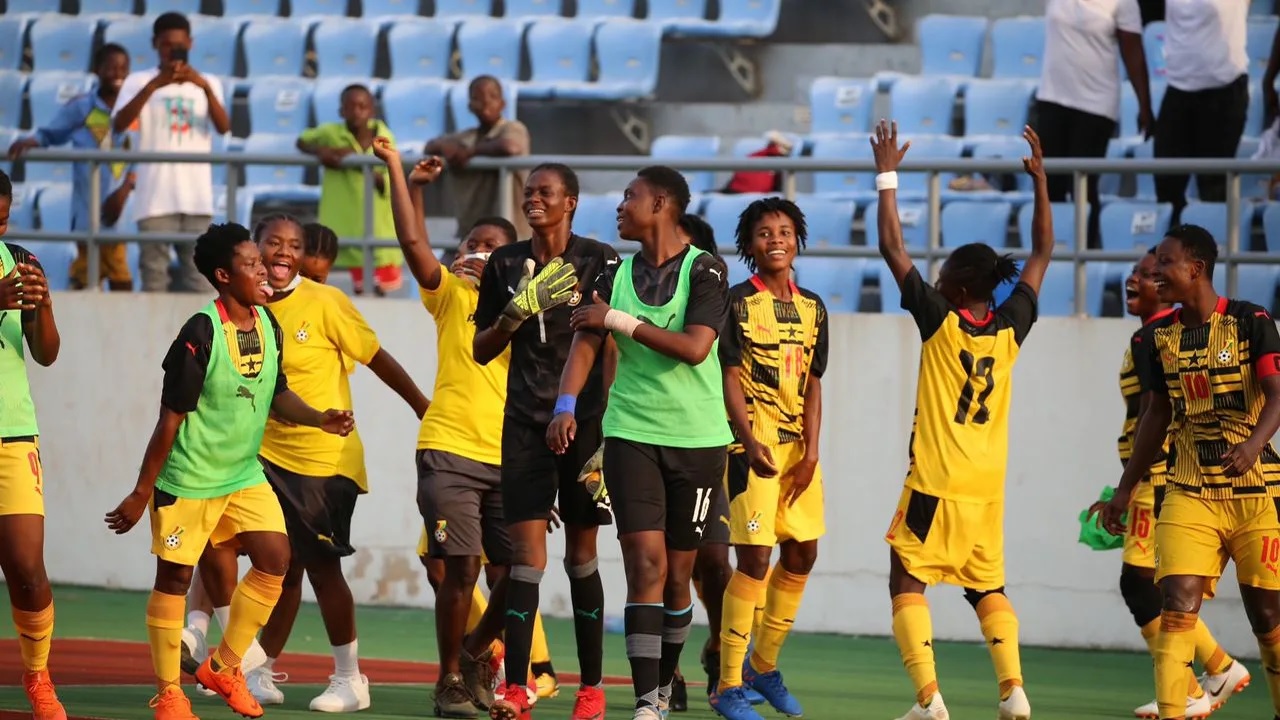Six countries have confirmed participation in the ITF Under-14 tennis tournament starting on Tuesday at the Nairobi Club.
Egypt, Rwanda, Botswana, Gabon, Zimbabwe, and Burundi will send their players for the week-long tourney.
Tennis Kenya (TK) administrator, Nancy Nduku, said the presence of players from those nations will not only spice up the event but will also make it competitive.
“The players coming from these countries are among the best in the continent and will no doubt add colour to the event,” added Nduku.
The players are expected to arrive in the country on Saturday and will have a feel of the court on Sunday before the action gets underway Tuesday.
Kenyan players are bullish about their prospects of performing well and Baraka Ominde is optimistic he can finish the year on a high.
"I'm looking forward to a good event. I have been training well and playing at home will give us an advantage over our opponents from across the continent,” he added.
Stacy Yego, who will lead the girls' charge, said she will take one game at a time. “It will be tough competition and we hope the weather conditions will stay dry. We are relishing the challenge of facing the best players from the continent,” said Yego.
He said the event will be ideal preparation for next year's tournaments.
“This tournament will be ideal for us to sharpen ourselves ahead of the next year's assignments. This will give us momentum heading into the new year unlike last when we did not play due to Covid-19,” noted Yego. By William Njuguna, The Star








